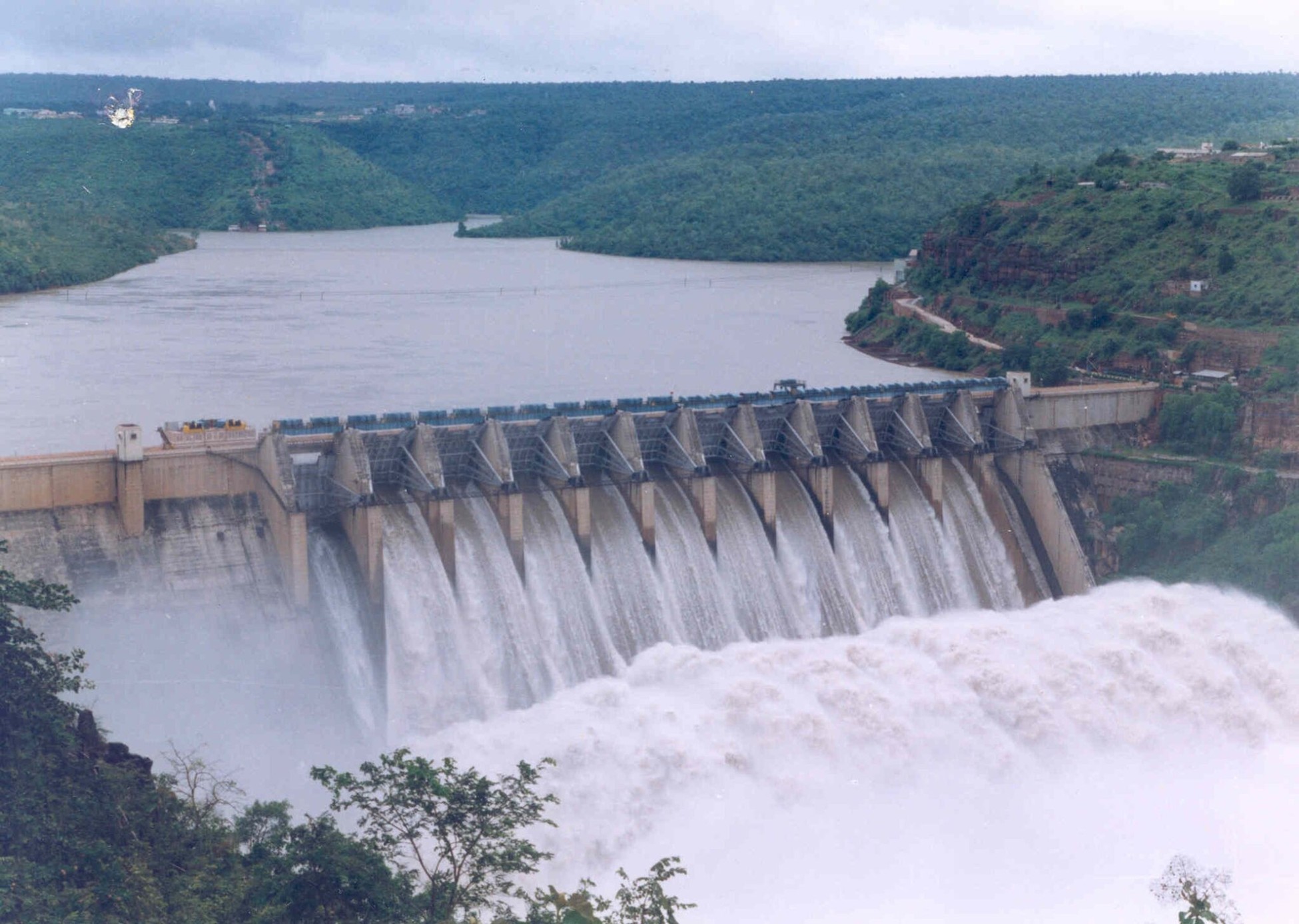India Considers Diverting Indus Waters in Retaliation Against Pakistan
Key Developments:
-
India Suspends Indus Waters Treaty (IWT) After Kashmir Attack:
-
Following the April 22 terror attack in Indian-occupied Kashmir (which India blames on Pakistan), New Delhi suspended its participation in the 1960 Indus Waters Treaty (IWT).
-
The treaty governs water-sharing of the Indus River system, crucial for Pakistan’s agriculture and hydropower.
-
-
Plans to Expand Water Diversion:
-
India is accelerating plans to increase water extraction from the Chenab, Jhelum, and Indus rivers—allocated primarily to Pakistan under the IWT.
-
A key proposal includes doubling the length of the Ranbir Canal (from 60km to 120km) on the Chenab River, which could triple water diversion (from 40 to 150 cubic meters per second).
-
Other projects aim to redirect water to Indian states and build new hydropower dams in occupied Jammu & Kashmir.
-
-
Potential Impact on Pakistan:
-
80% of Pakistan’s agriculture depends on the Indus system.
-
A 90% drop in water flow was observed in early May when India conducted “maintenance work,” signaling future risks.
-
Pakistan warns that blocking its water share would be an “act of war.”
-
-
India’s Justification:
-
PM Narendra Modi declared, “Water and blood cannot flow together,” signaling a hardline stance.
-
India claims it will keep the treaty suspended until Pakistan stops “cross-border terrorism.”
-
-
Pakistan’s Response:
-
Rejects India’s claims, calling the treaty suspension “unlawful.”
-
Preparing legal challenges at the World Bank, ICJ, and Permanent Court of Arbitration.
-
Finance Minister Aurangzeb warns against “weaponizing water.”
-
-
Geopolitical Risks:
-
Analysts fear India’s move could set a precedent for China to restrict water flows to India (e.g., Brahmaputra River).
-
The IWT, once a rare successful India-Pakistan agreement, is now under severe threat.
-
Conclusion:
India’s move to divert Indus waters marks a dangerous escalation in its coercive strategy against Pakistan, risking agricultural collapse and heightened conflict. While Pakistan seeks international legal intervention, the situation underscores how water scarcity is becoming a geopolitical weapon. If India proceeds, it could trigger a new crisis—one where water, not just borders, becomes a battleground. The world must watch closely, as climate change and regional tensions converge in this volatile flashpoint.







